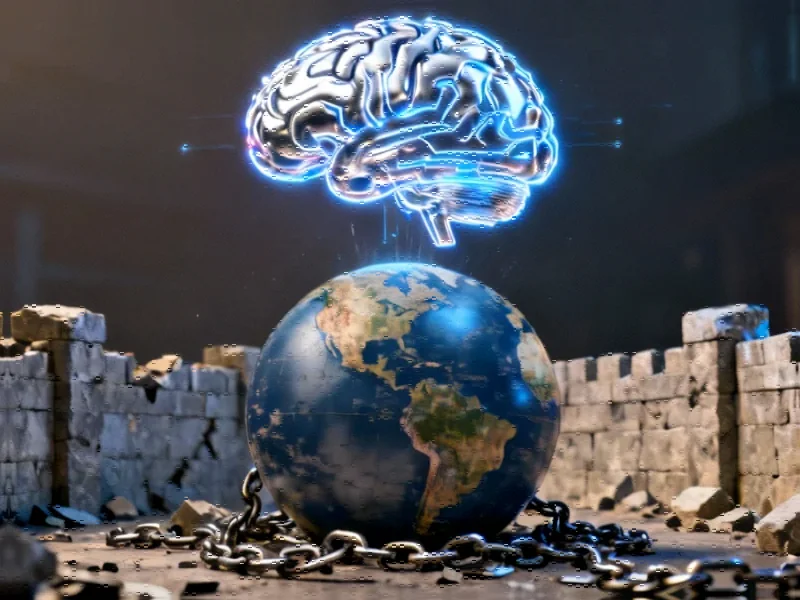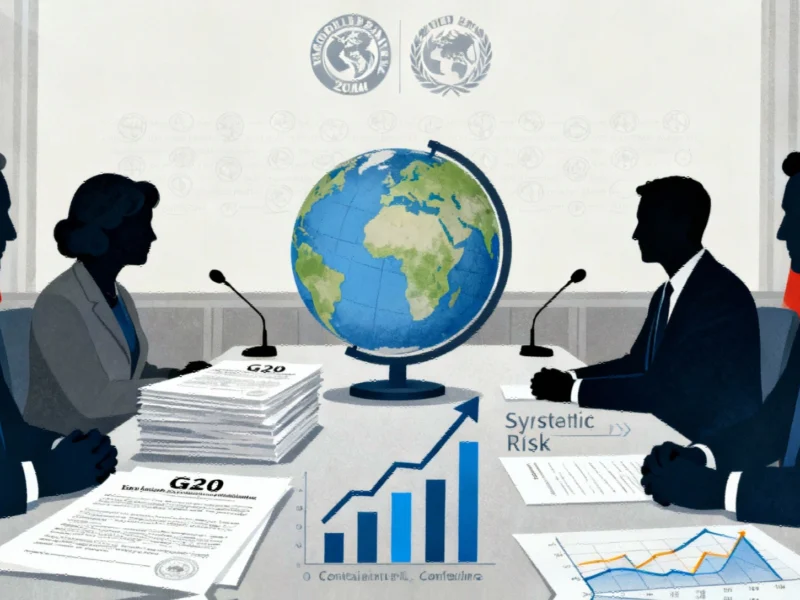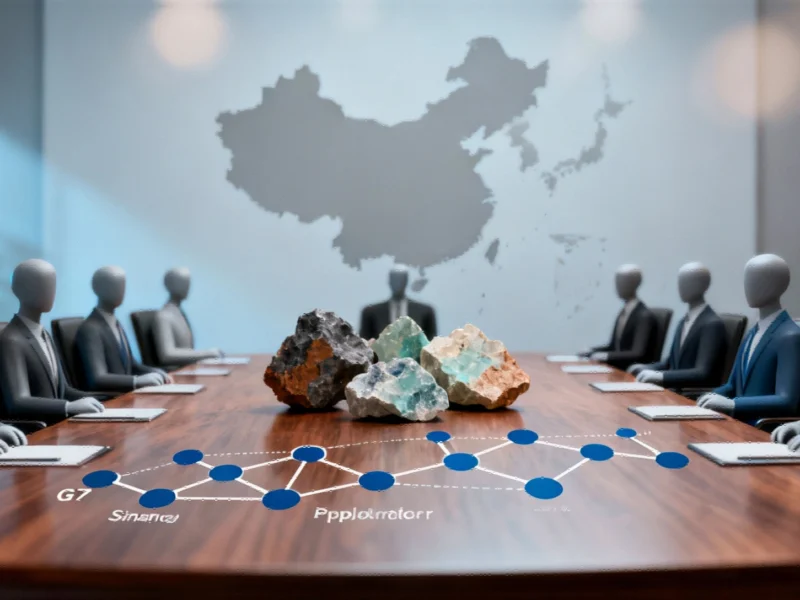South Africa and Nigeria Exit FATF Grey List in Major Financial Milestone
South Africa and Nigeria have been removed from the FATF’s grey list after more than two years of heightened scrutiny. The delisting represents a significant victory for both nations’ financial sectors and could boost international investor confidence. Banking analysts suggest the move may ease transaction monitoring burdens that have complicated cross-border business.
Financial Crime Watchdog Lifts Enhanced Monitoring Status
In a development that’s being hailed as a turning point for African finance, both South Africa and Nigeria have reportedly been removed from the Financial Action Task Force’s so-called “grey list,” according to multiple financial industry sources. The Paris-based global watchdog made the announcement Friday, effectively ending a period of intensified international scrutiny that began in early 2023.








